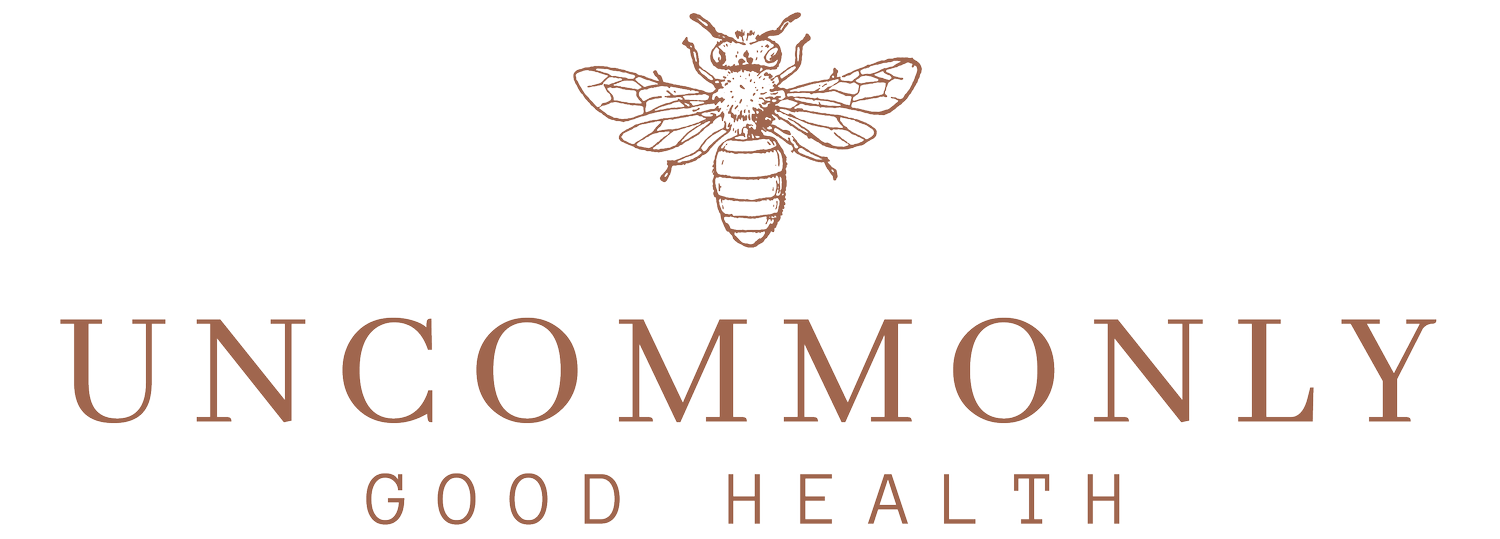
“The highest ideal of therapy is to restore health rapidly, gently, permanently; to remove and destroy the whole disease in the shortest, surest, least harmful way, according to clearly comprehensible principles.”
— Samuel Hahnemann, Founder of Homeopathy
What Is Homeopathy?
Homeopathy is an alternative medicine system discovered and developed in the 18th century. It’s based on the idea that treating disease requires deep knowledge of the whole person—the physical, emotional, and mental elements that manifest as symptoms.
Once the whole person is understood, homeopathy uses remedies to reawaken the body’s healing systems—leading the cells and immune system back to a state of balance. Essentially, it gives your body the knowledge and tools to heal itself.
How Does Homeopathy Work?
Homeopathy functions on the idea of similarities. Essentially, the same substances that make you sick can also make you well (in homeopathic form). What causes symptoms in a healthy person can prompt healing in a sick person.
For example, poison ivy is known to cause uncomfortable rashes and allergic reactions in healthy people. In homeopathy, we dilute poison ivy until no trace of the plant remains. This creates the remedy Rhus tox, which can be used to improve poison ivy rashes and other types of skin outbreaks.
Yes, using the problem to cure the illness is quite outside our Western understanding of medicine.
But here’s why it works: the diluted remedy reawakens the immune system, giving your body a recognizable, but harmless threat. It responds by sending resources right to the source—prompting healing of your body’s own design.
New scientific discoveries may further explain why homeopathy works. It’s been suggested that homeopathic doses contain electrochemical patterns that can spread through the water systems of the body and provide a “code” to prompt wellness.
Western medicine is just beginning to acknowledge the connection between trauma, stress, and chronic illness. However, homeopathy has functioned on these ideas for a long time—carefully evaluating the stressors and emotional history that impact symptoms.
The Principles of Homeopathy
Healing involves the whole body.
Homeopathy is a mind, body, and soul medicine. We’ll look at your past trauma, family history, current stress, and symptoms to get a full picture of exactly what’s impacting your health.
— 1
The goal is to strengthen your constitution.
In homeopathy, your “constitution” is your body’s natural threshold for illness. People who rarely get sick have a strong constitution. Whether we’re working on an acute or chronic illness, the goal is to put you in a better position to handle future illness.
— 2
You have a vital force.
The energy pulsing through you should be balanced and natural. If your energy becomes imbalanced, then illness may arise. As we uncover symptoms and remedies, we’re looking to take your vital force back to self-regulation.
— 3
Homeopathy is empowering.
Although it’s complex, I firmly believe anyone can master homeopathy. Many of my clients use what they learn about homeopathy in our sessions to take charge of their own families’ acute health.
— 4
Remedies are uncovered every day.
There are thousands of remedies used in homeopathy, and more are discovered every day.
— 5
Why Hasn’t Homeopathy Worked For Me In The Past?
Homeopathic remedies are highly specific. To find the right match for your condition, we need to evaluate every detail related to your symptoms—physical, emotional, and mental.
This is the reason some people don’t find success with homeopathy at first. There isn’t enough education out there about how to match the right remedy with your symptoms. And grocery store labels don’t even scratch the surface of what a homeopathic remedy truly does.
Once you truly understand how homeopathy works (or work with a homeopathic practitioner), you’ll begin to see just how powerful this healing modality can be.
For me? I never looked back.

